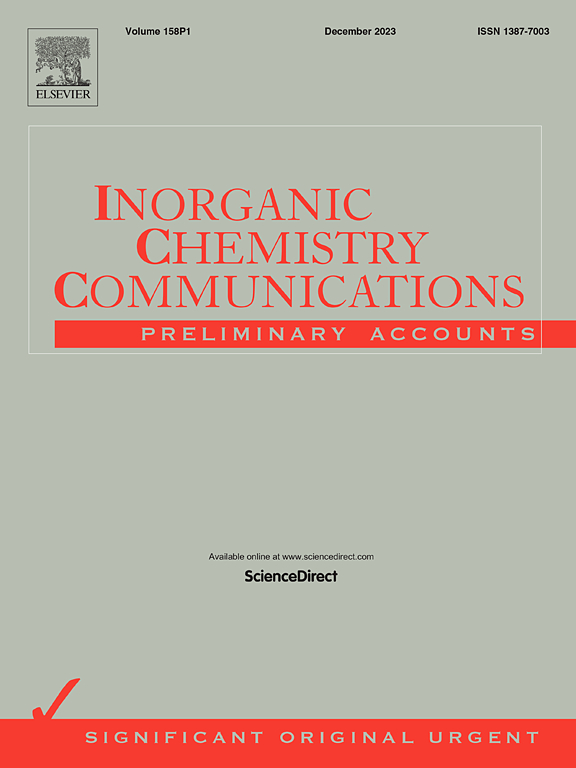Chauhan A, Rana G, Dutta V, Kumari A, Rao SK, Subbarayan R, Ravi K, Selvaraj S, Ghotekar S. Recent trends in phyto-mediated iron-based nanomaterials for environmental remediation and biomedical applications. Inorganic Chemistry Communications. 2023 Dec 30:111976. https://doi.org/10.1016/j.inoche.2023.111976
Abstract
Advancements in nanoscience and nanotechnology have significantly impacted the widespread integration of iron-based nanomaterials across various domains of scientific investigation, research institutions, and industrial sectors. The intrinsic properties exhibited by iron oxide nanoparticles, such as their biocompatibility, low toxicity, catalytic behaviors, and versatility in engaging in various reaction pathways, have positioned these nanoparticles as highly promising candidates for a wide range of biomedical uses. The substantial financial outlays associated with reagents, equipment, and potential environmental risks linked to the physical and chemical methodologies utilized in synthesizing iron-based nanomaterials have presented a significant hurdle. In order to address the challenges mentioned earlier, which pertain to the mitigation of environmental consequences and the cost-efficient synthesis of nanomaterials possessing desired properties and effectiveness, this comprehensive review seeks to gather substantial knowledge from recent advancements in the manufacturing, analysis, and utilization of iron-based nanomaterials using biological methods. This endeavor will draw upon previous scientific investigations to comprehensively understand the subject matter. The use of botanical extracts in producing iron-based nanomaterials is gaining recognition for their capacity to reduce and stabilize these materials during manufacturing efficiently. Moreover, employing botanical extracts for biologically synthesizing iron-based nanomaterials offers multiple advantages. The advantages of this approach encompass its simplicity, cost-effectiveness, environmental sustainability, and lower energy requirements compared to traditional physical and chemical synthesis techniques. Therefore, this comprehensive analysis provides a thorough overview of the optimal conditions and characterization techniques for synthesizing iron-based nanomaterials with various organic extracts. This paper presents a comprehensive analysis of the applications of iron-based nanoparticles derived from the soil as therapeutic agents for antibacterial and anticancer purposes. Furthermore, a comprehensive investigation is conducted to assess the effectiveness of iron-based nanomaterials in purifying contaminated effluents containing dyes and other hazardous compounds.

